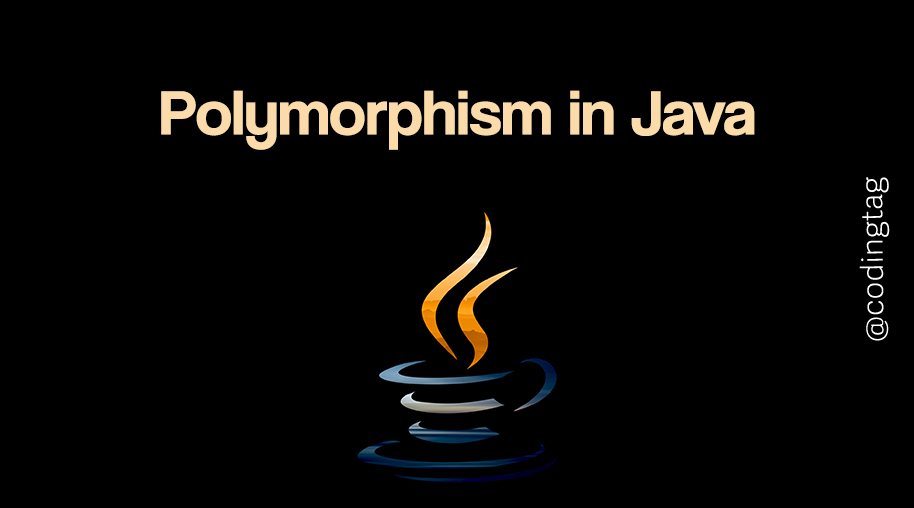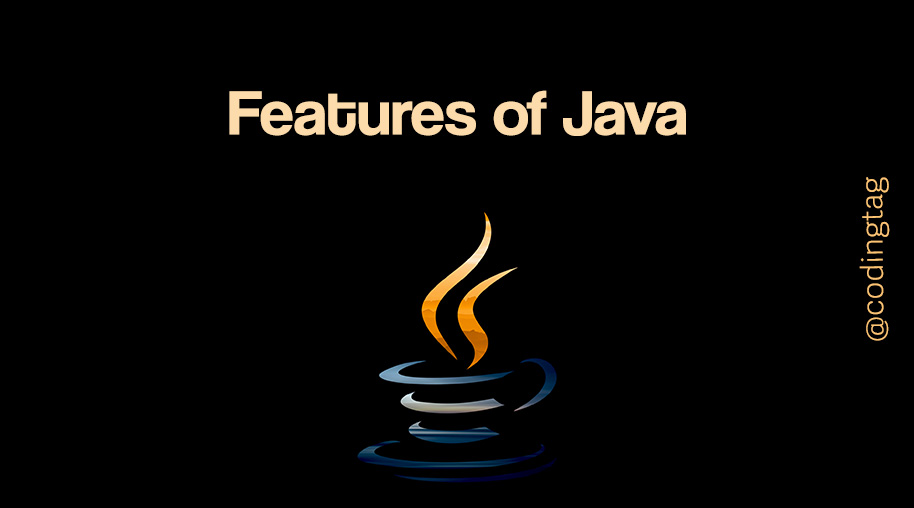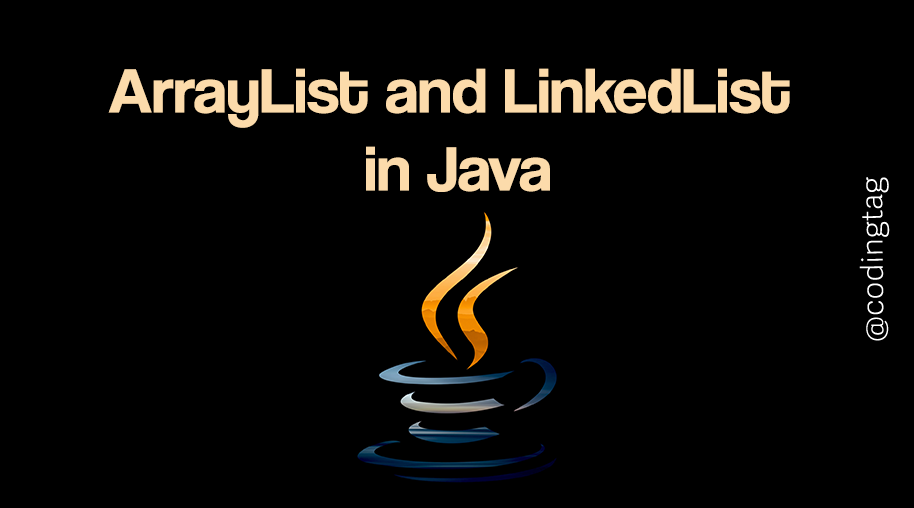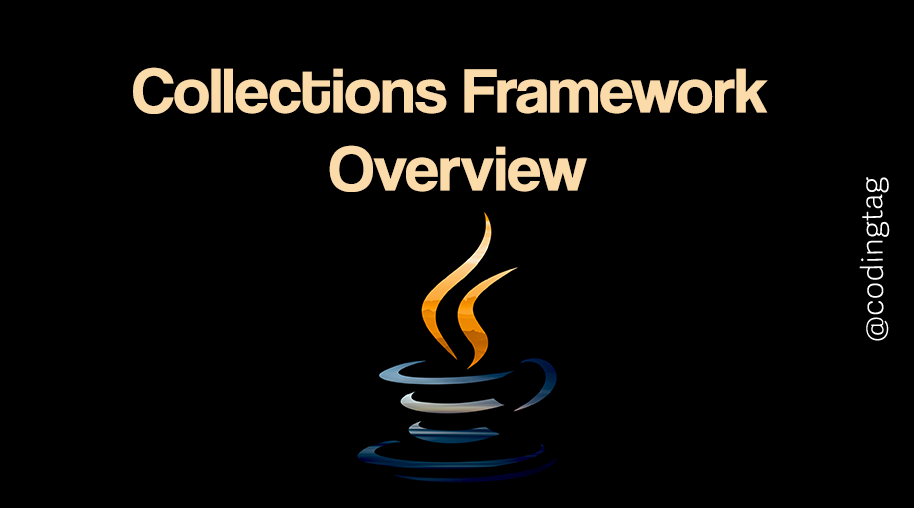Functional Programming in Java
0 783
✨ What is Functional Programming in Java?
Functional Programming (FP) is a modern programming paradigm that treats computation as the evaluation of mathematical functions. Unlike imperative programming, which emphasizes *how* to perform tasks, FP focuses on *what* needs to be done. Java introduced functional programming capabilities with Java 8, allowing developers to write more concise, readable, and maintainable code.🧠Core Principles of Functional Programming
- Pure Functions: Functions that have no side effects and return the same output for the same input.
- Immutability: Objects should not be modified after creation.
- First-Class Functions: Functions can be passed as arguments, returned from methods, and assigned to variables.
- Higher-Order Functions: Functions that take other functions as parameters or return them.
- Declarative Style: Code focuses on the logic rather than the control flow.
🔧 Functional Interfaces in Java
A@FunctionalInterface in Java has exactly one abstract method. These are used as the target types for lambda expressions and method references.
@FunctionalInterface
interface MyFunctionalInterface {
void performTask();
}
🪄 Lambda Expressions
Lambda expressions allow you to implement abstract methods of functional interfaces in a clear and concise way.
MyFunctionalInterface task = () -> System.out.println("Task performed!");
task.performTask();
🌀 Built-in Functional Interfaces
Java provides several built-in functional interfaces in thejava.util.function package:
- Predicate<T> – returns a boolean value
- Function<T, R> – accepts one argument and returns a result
- Consumer<T> – performs an action on a single argument
- Supplier<T> – supplies a result of a given type
🌊 Using Streams for Functional Programming
The Stream API allows us to process collections functionally using a pipeline of operations likemap(), filter(), collect(), etc.
List<String> names = Arrays.asList("Alice", "Bob", "Charlie");
names.stream()
.filter(name -> name.startsWith("A"))
.forEach(System.out::println);
🧹 Benefits of Functional Programming in Java
- Concise and clean code
- Enhanced readability and testability
- Better use of multicore processors with parallel streams
- Reduction of bugs through immutability
âš ï¸ Challenges and Considerations
- Learning curve for developers coming from imperative backgrounds
- Overuse of lambdas can reduce readability
- Debugging functional code can be trickier
✅ Final Thoughts
Functional Programming in Java is a powerful enhancement that encourages writing cleaner, more maintainable code. It is especially useful in scenarios involving data transformations, concurrency, and event-driven architectures. By combining object-oriented and functional paradigms, Java offers the best of both worlds for modern software development.If you’re passionate about building a successful blogging website, check out this helpful guide at Coding Tag – How to Start a Successful Blog. It offers practical steps and expert tips to kickstart your blogging journey!
For dedicated UPSC exam preparation, we highly recommend visiting www.iasmania.com. It offers well-structured resources, current affairs, and subject-wise notes tailored specifically for aspirants. Start your journey today!

Share:







Comments
Waiting for your comments